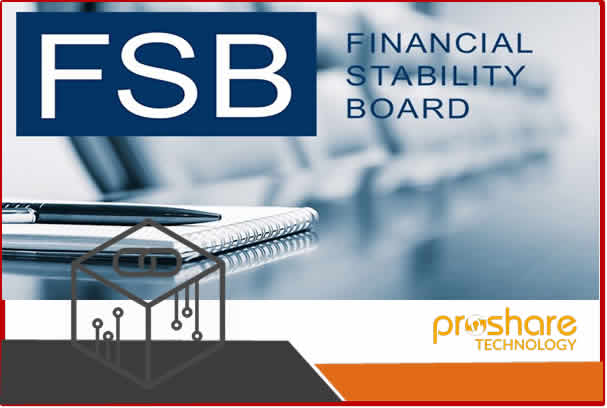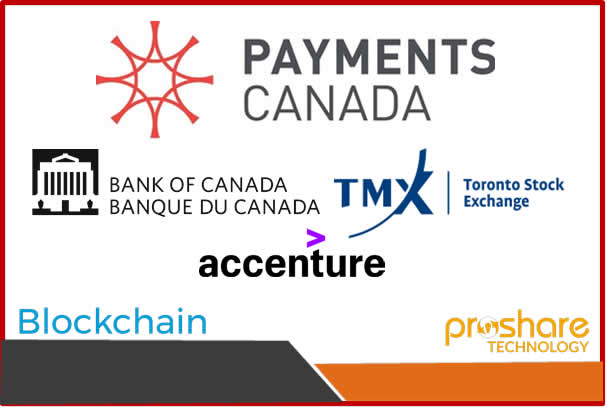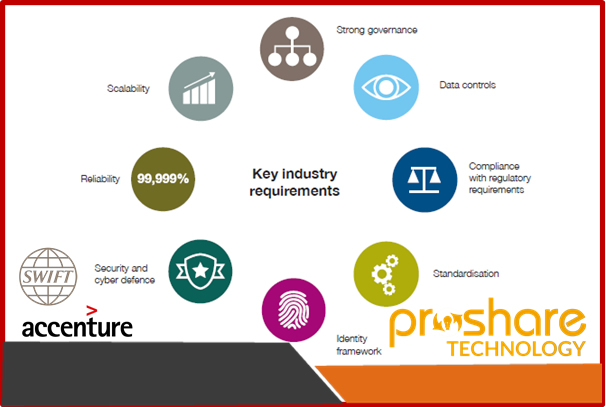In a yet to be released survey report titled: The Distributed Ledger Technology (DLT) and the Nigerian Capital Market, researchers at Sophus Consulting Limited assessed the advent of digitalization in Nigeria and produced a report relying on the responses to its surveys, key informant interviews and enquiries as provided by a broad spectrum of capital market stakeholders.
The study, published in a 20-page report, employed a combination of survey questions and short interviews which sought to address a variety of issues including:
- Whether stakeholders in the Nigerian Capital Market (NCM) are anticipating the transition to digitization;
- If respondents believe that DLT will remain for a long time or pass away after a while;
- Which problems DLT would be most needed to solve;
- Which of the stakeholders would lead the charge in the digitization of the capital market;
- What are the divergent interests of the different operators in the DLT space; and
- Recommendations on how to engender greater adoption of digitization in Nigeria.
Findings from the Survey
1. Respondents believe that Stakeholders in the Nigerian Capital Market (NCM) are anticipating the transition to digitization
With regards to whether the Nigerian Capital Market is actively engaging and anticipating the transition, 80% of respondents agreed firmly that market forces aided by the support of the regulator, the Securities and Exchange Commission (SEC) is creating a compelling case for digitalisation. The researchers believe that SEC’s Rules on registration of virtual assets passed in May 2022 is a major catalyst. They therefore expect that ‘Rulemaking in collaboration with Operators’ as a model, will continue.
There was also a consensus by the respondents to the effect that digitalization requires industry-wide effort as against individual effort, setting the stage for collective building and interoperability (see chart 1 below).
Chart 1: Respondents Strongly Agree that Regulation is a Major Change Agent
2. Respondents believe that DLT will remain for a long time and that it would be critical to regional development
None of the respondents considered DLT to be a fleeting trend that will run out of steam. On the contrary, respondents believe that going forward DLT would be crucial for regional development although it would require industry-wide adoption as well as regulation (see chart 2 below).
Chart 2: Debating the Long-term Relevance of Distributed Ledger Technology
3. Respondents believe that DLT is most-needed-to-solve problem is Transaction Speed, then a host of other problems
25% of the respondents believe that the most pressing need for DLT is that of speed of completing transactions. According to 19.81% of respondents, Market liquidity along with Interoperability are the next most important problems which the DLT would help to address. A smaller fraction of respondents (16.98%) believes that DLT would be most crucial for addressing the problem of information asymmetry (see chart 3 below).
Chart 3: Finding the most pressing needs for Distributed Ledger Technology (DLT)
4. Respondents believe that Operators and Brokers should lead the charge in the Digitization of the Capital Market
The perception of most respondents is that operators/brokers would lead the charge for the digitalization of the Capital Market. Two out of five (2/5) respondents believe the onus of digitization is on the operators, while a slightly smaller fraction (36.8%) believe that the Financial Market Infrastructures (FMI) and Self-Regulatory Organization (SROs) would be pivotal to the process of digitization (see chart 4 below).
Chart 4: Perceived Importance of Stakeholders in the Digitization Process
5. Priorities Differ with Different Operators
In the drive for the adoption of DLT, different operators tend to have different interests. The outcome of the survey shows that Regulators tend to prioritize the lowering of costs as well as the improvement of the process. As for Financial Market Infrastructures (FMIs), their greatest interest is in preserving their businesses as well as the improvement of the process.
Based on their responses, issuers showed greater concern about Liquidity and lowering cost. Investors showed interest in Digitization because of the prospects of new assets class, transparency, liquidity and the access to multiple jurisdictions (see chart 5 below).
Chart 5 Priorities of various Stakeholders
Recommendation(s)
The report concluded that DLT is in a rapid growth mode and is well set to revolutionize all investment activity in the market. Based on the survey findings, the study provides a contextual basis for the belief by experts that the Nigerian Capital Market should consider some specific and deliberate steps/action to retain its leadership in the new capital market emerging, with the added advantage of reducing (or eliminating) some efficiencies in the system (see Table 1 below)
Table 1: Solutions to the Problems inhibiting Digitization

A Note on the Methodology and Limitations of the Survey
Sampling
To ensure a representative sample, the survey drew upon regulators, reporting accountants, Market operators, Securities Exchanges, Custodians, Asset Managers, Stockbrokers, Capital Market Solicitors and investing clients (retail and institutional). The report relied on responses from 80 respondents. While the researchers admit that the number of respondents can be larger, they however believe that the dispersion of the respondents (in terms of their characteristics) counts in favor of the survey; and was representative of the capital market ecosystem.
Limitations of this report
The report notes two key limitations:
- Non-investment digital products are not included: these are instruments outside the coverage of the Investment and Securities Act 2007 such as digital currencies, SME crowdfunding, cryptocurrencies, non-fungible tokens (NFTs) or decentralized finance (DeFi) applications; and
- The report is not a recommendation of any product or service as a solution.
About the Authors of the Report
Sophus Consulting Limited is a wholesale capital markets consulting service focused on deepening African capital markets. Once released, the report can be downloaded on the company website. For further details about this report, kindly send an email to [email protected].
Download PDF Here
 Lagos, NG • GMT +1
Lagos, NG • GMT +1











 499 views
499 views




























 Sponsored Ad
Sponsored Ad
 Advertise with Us
Advertise with Us









